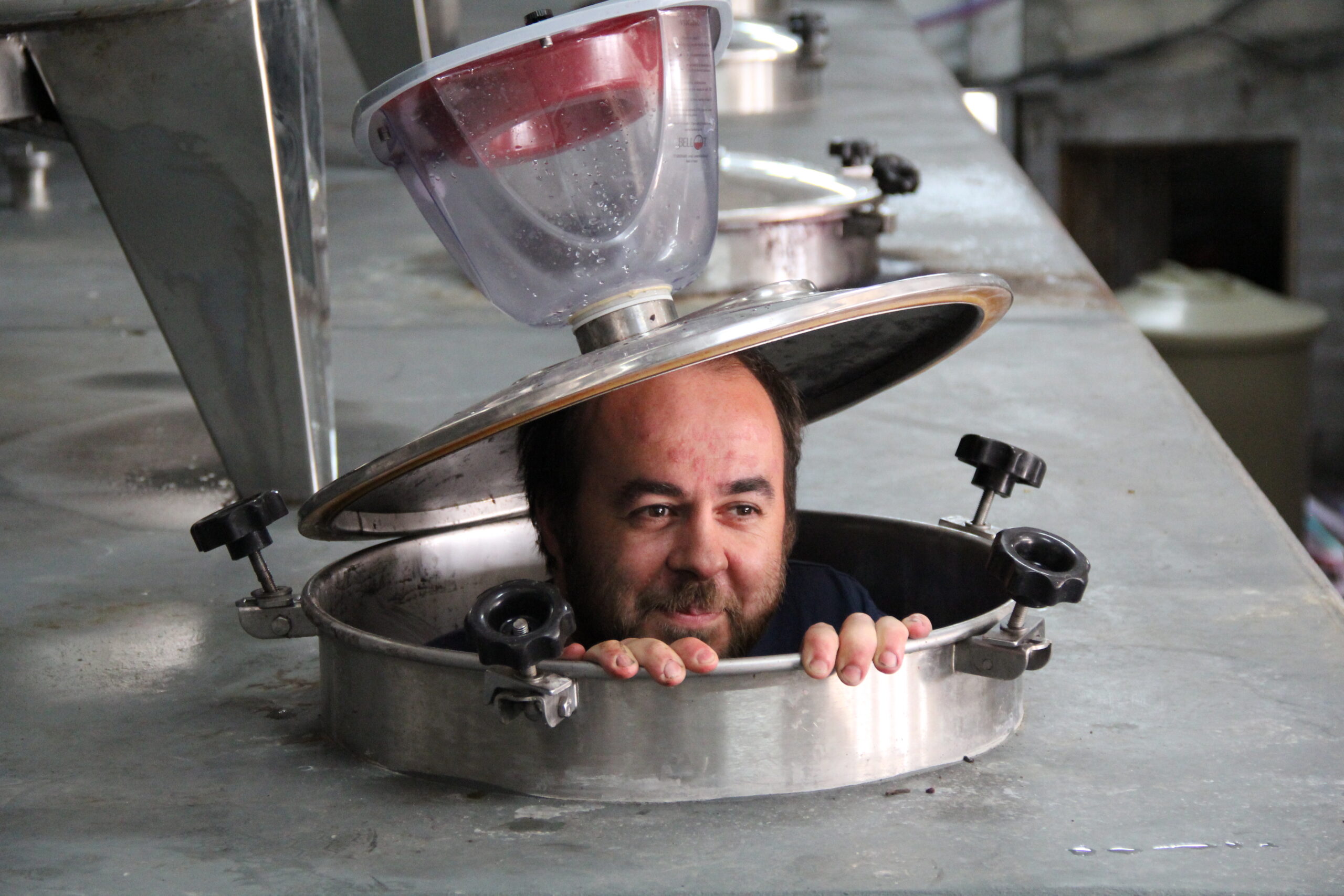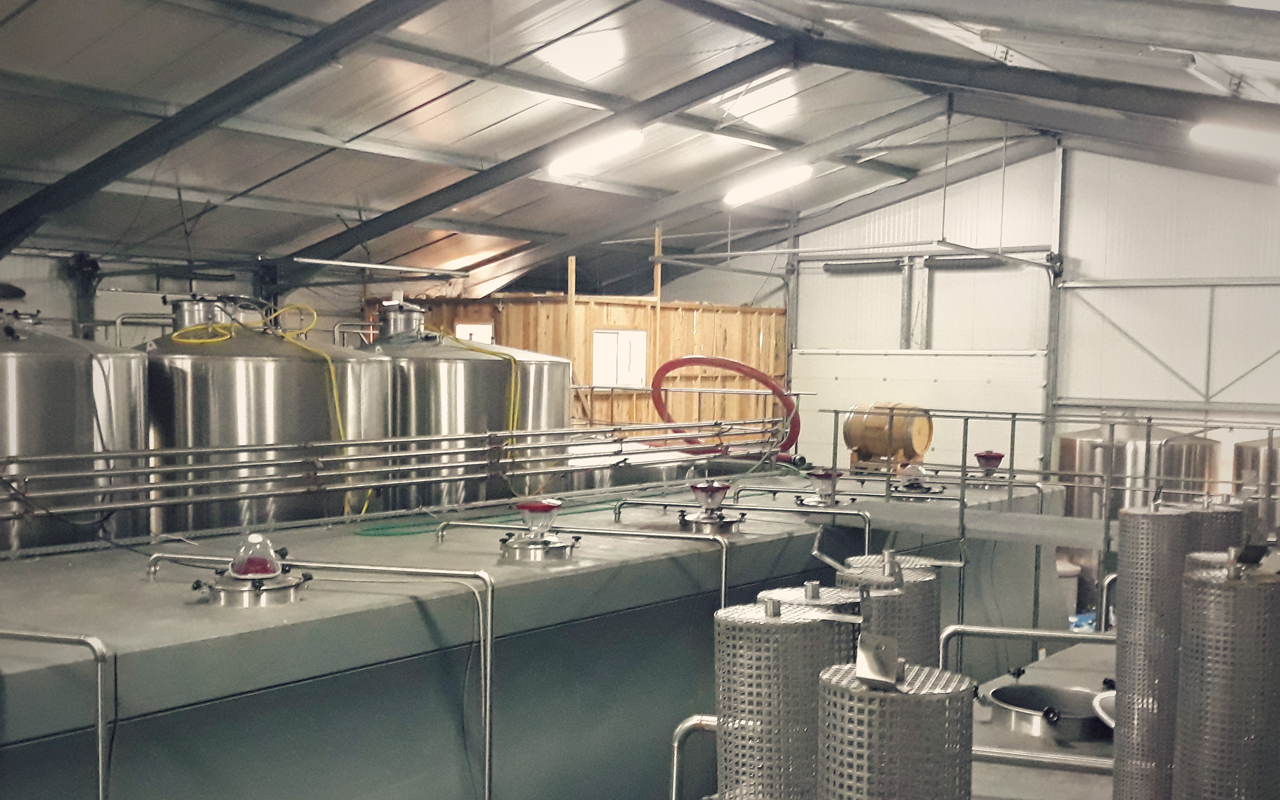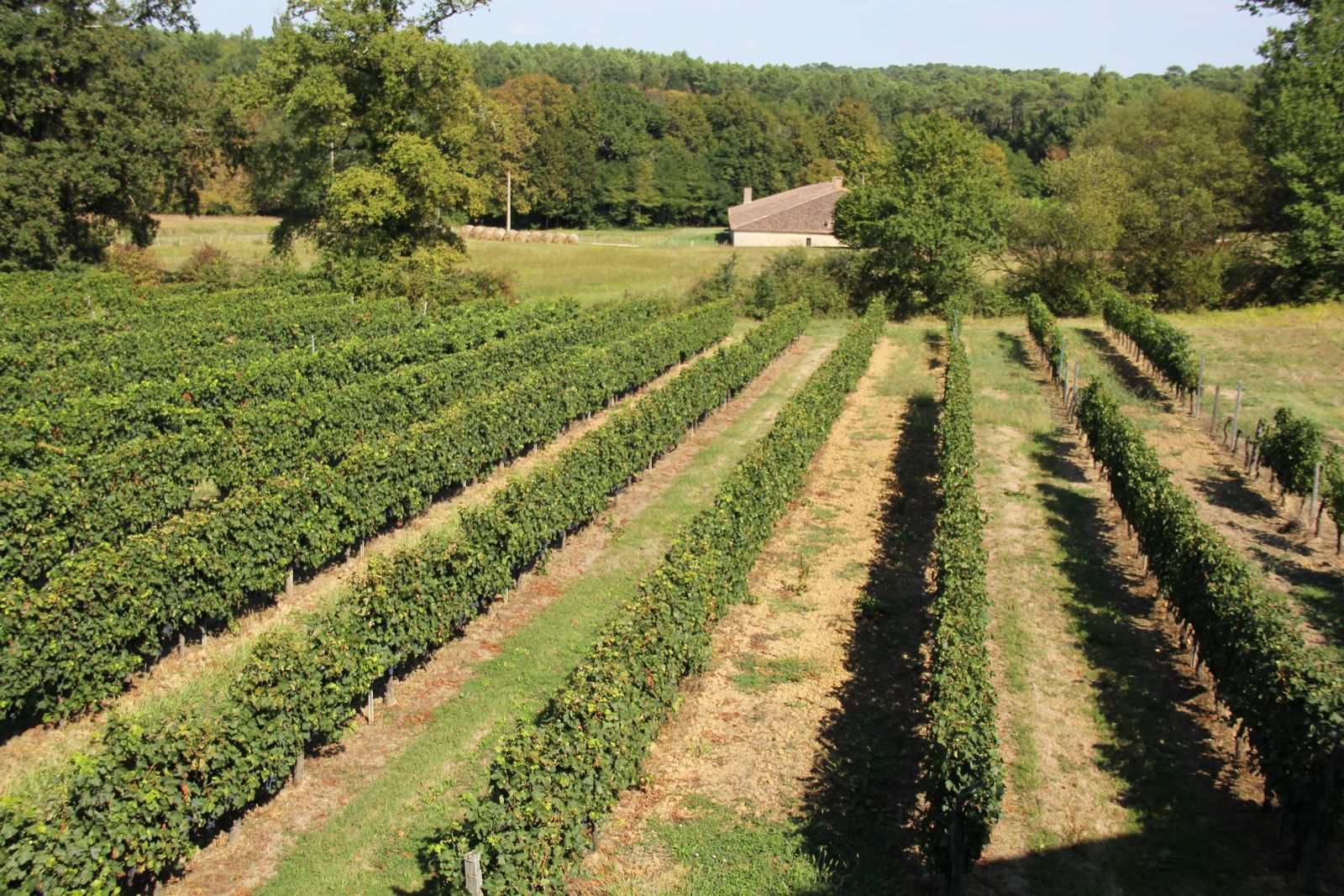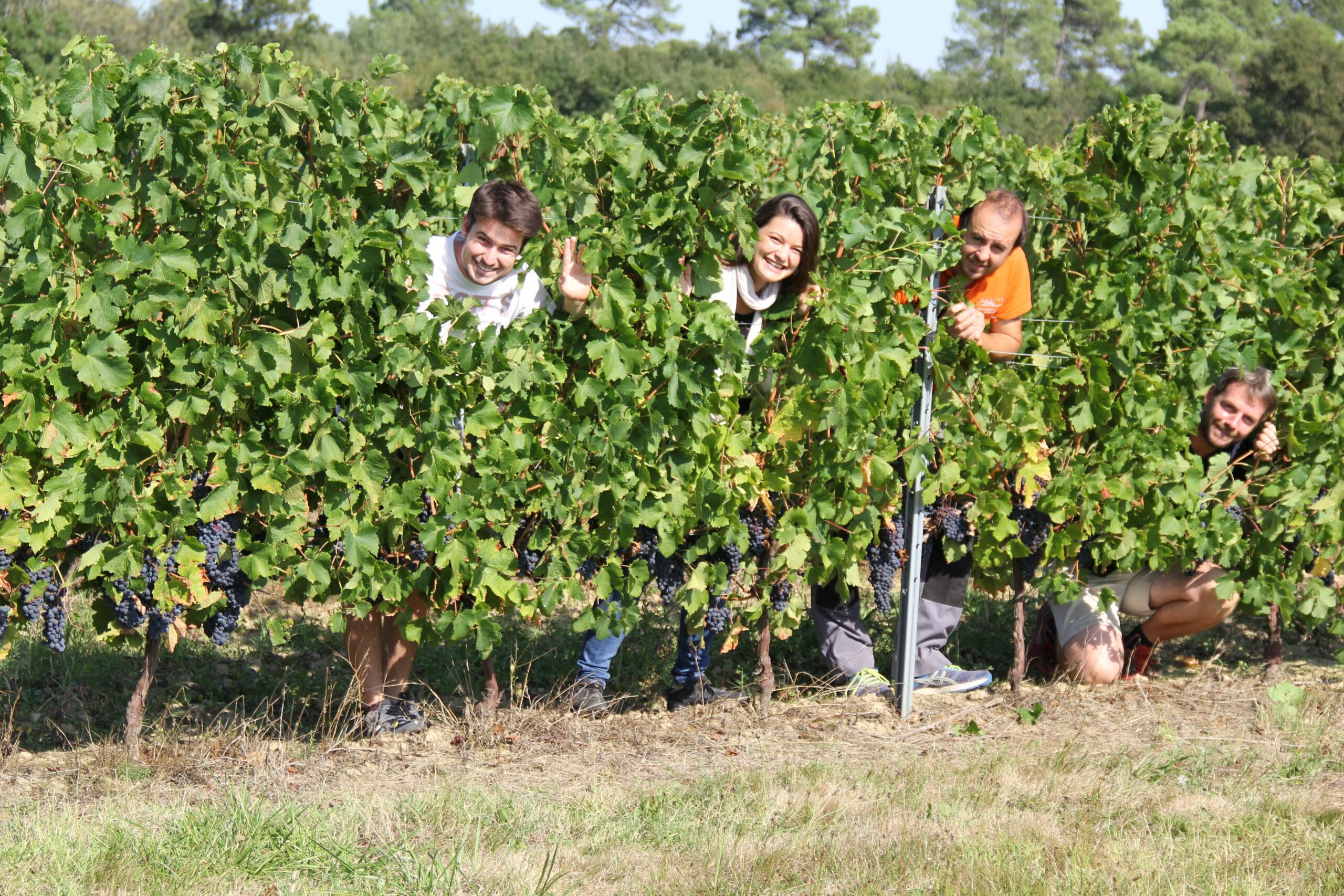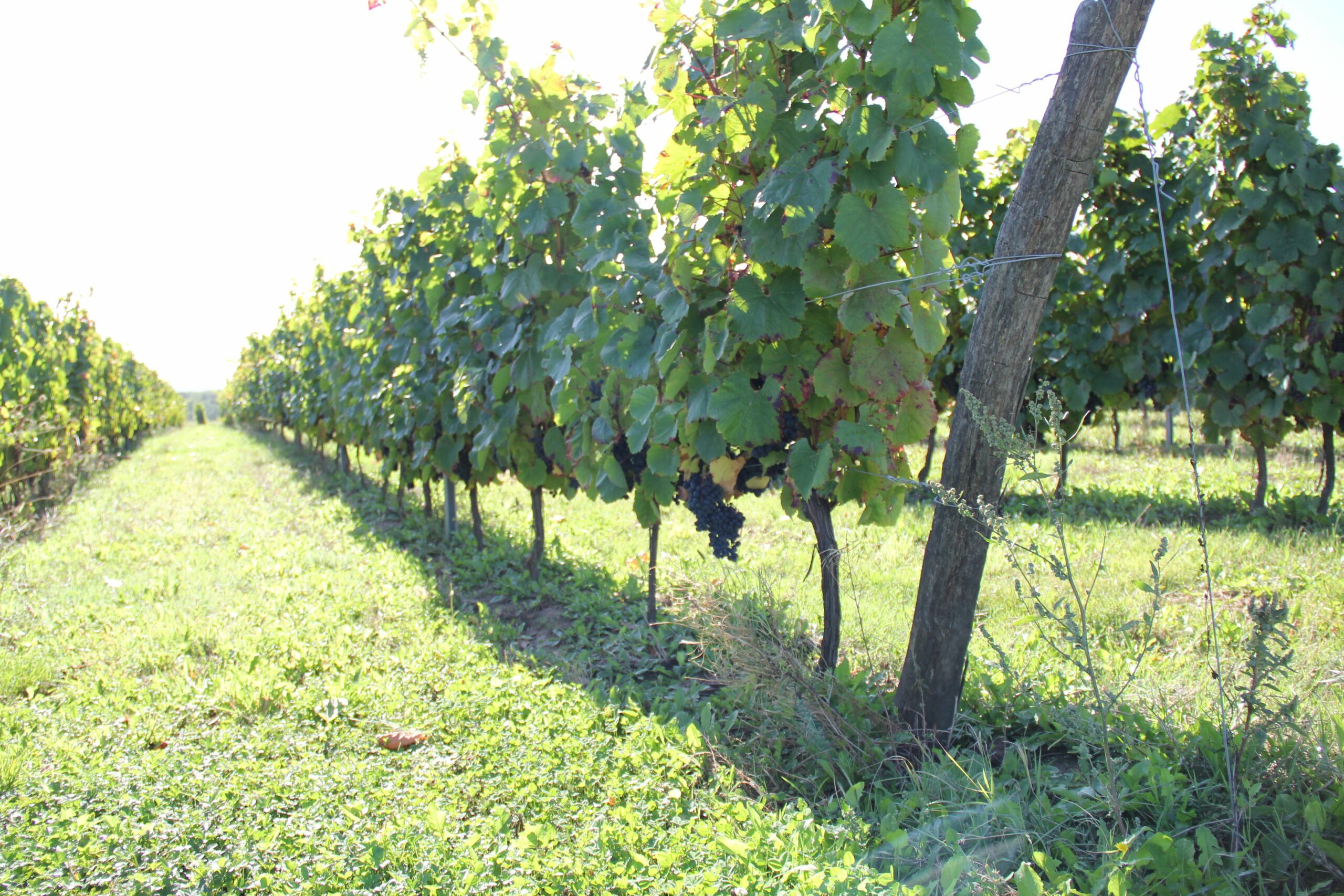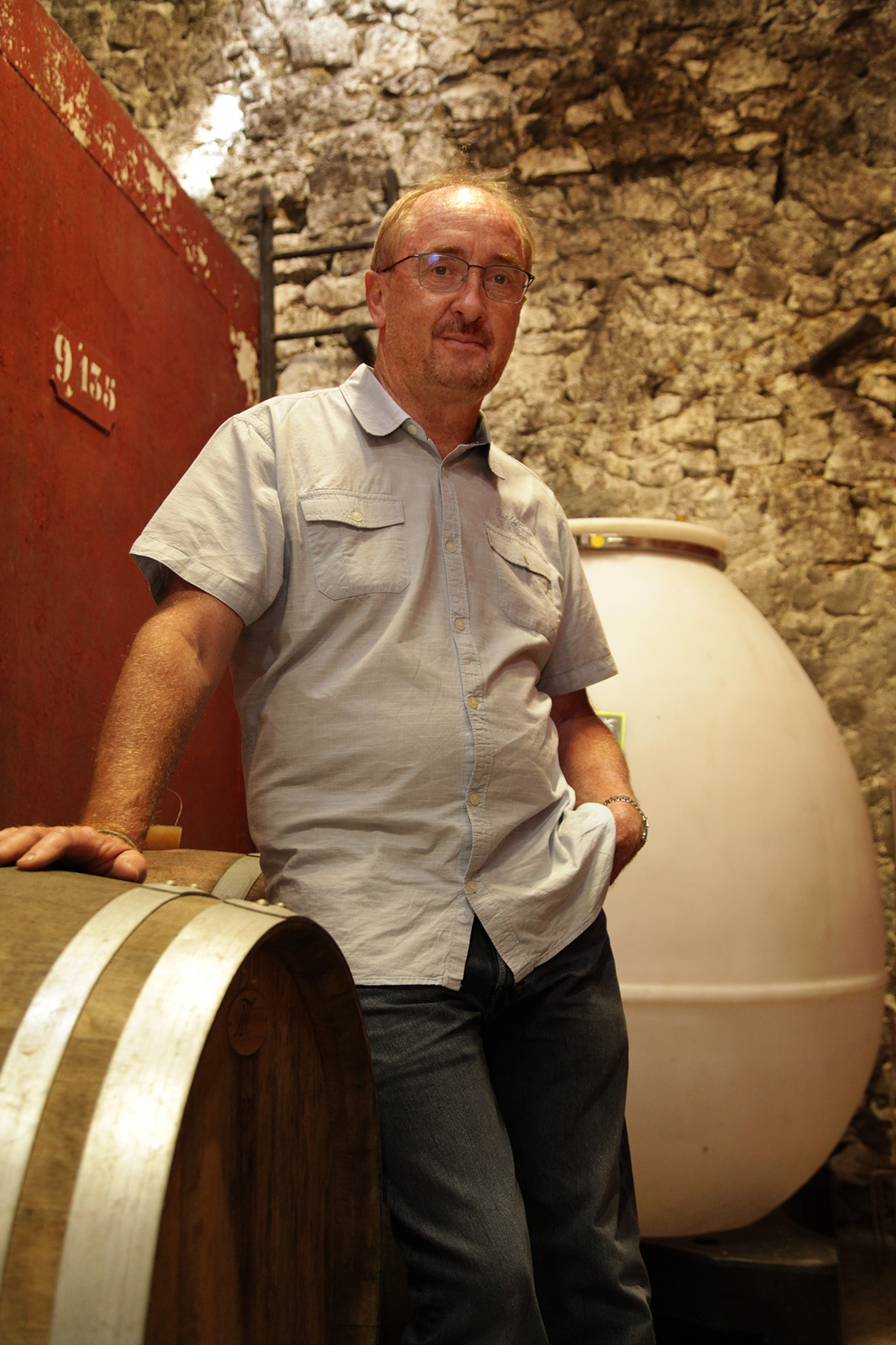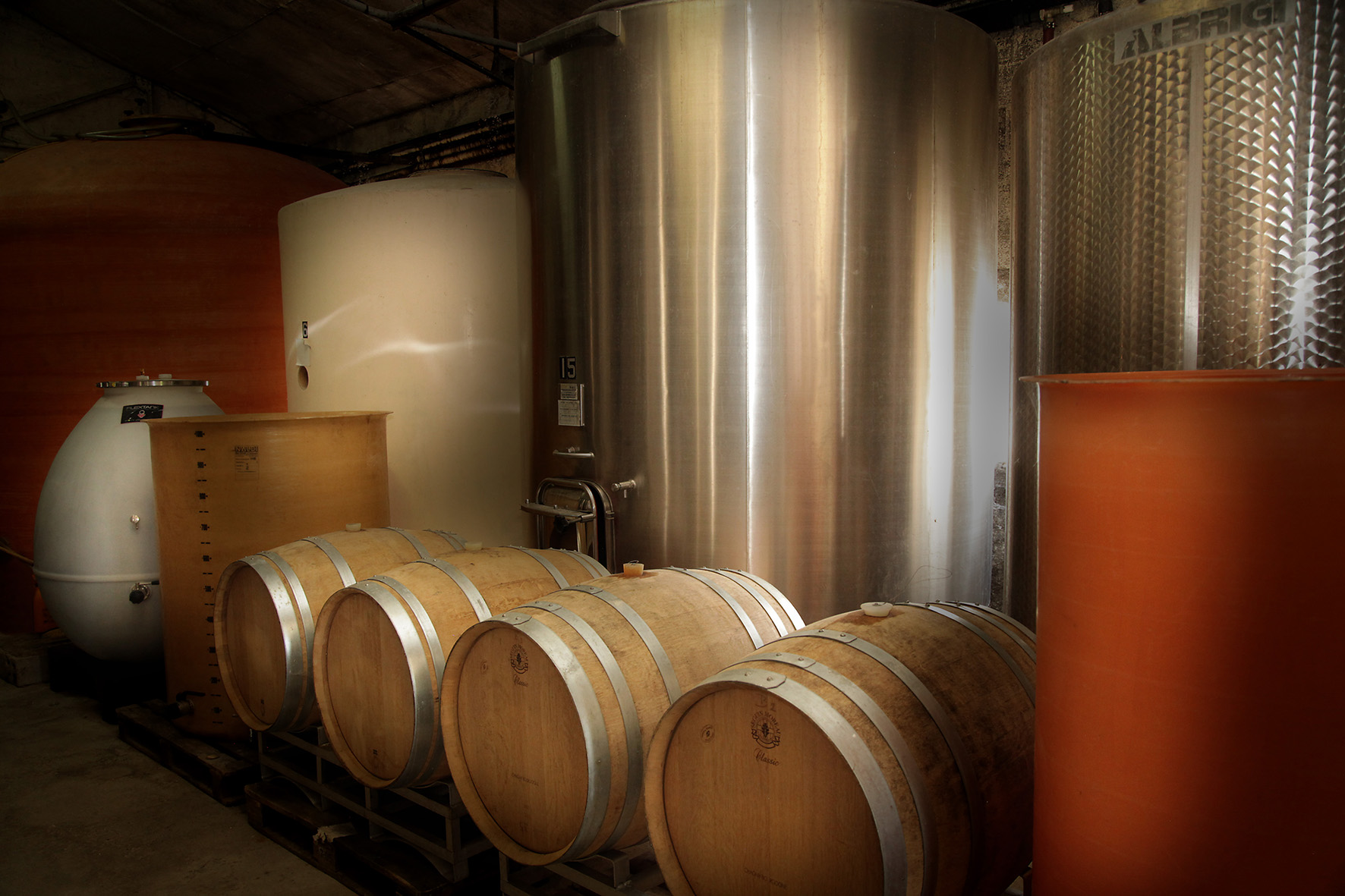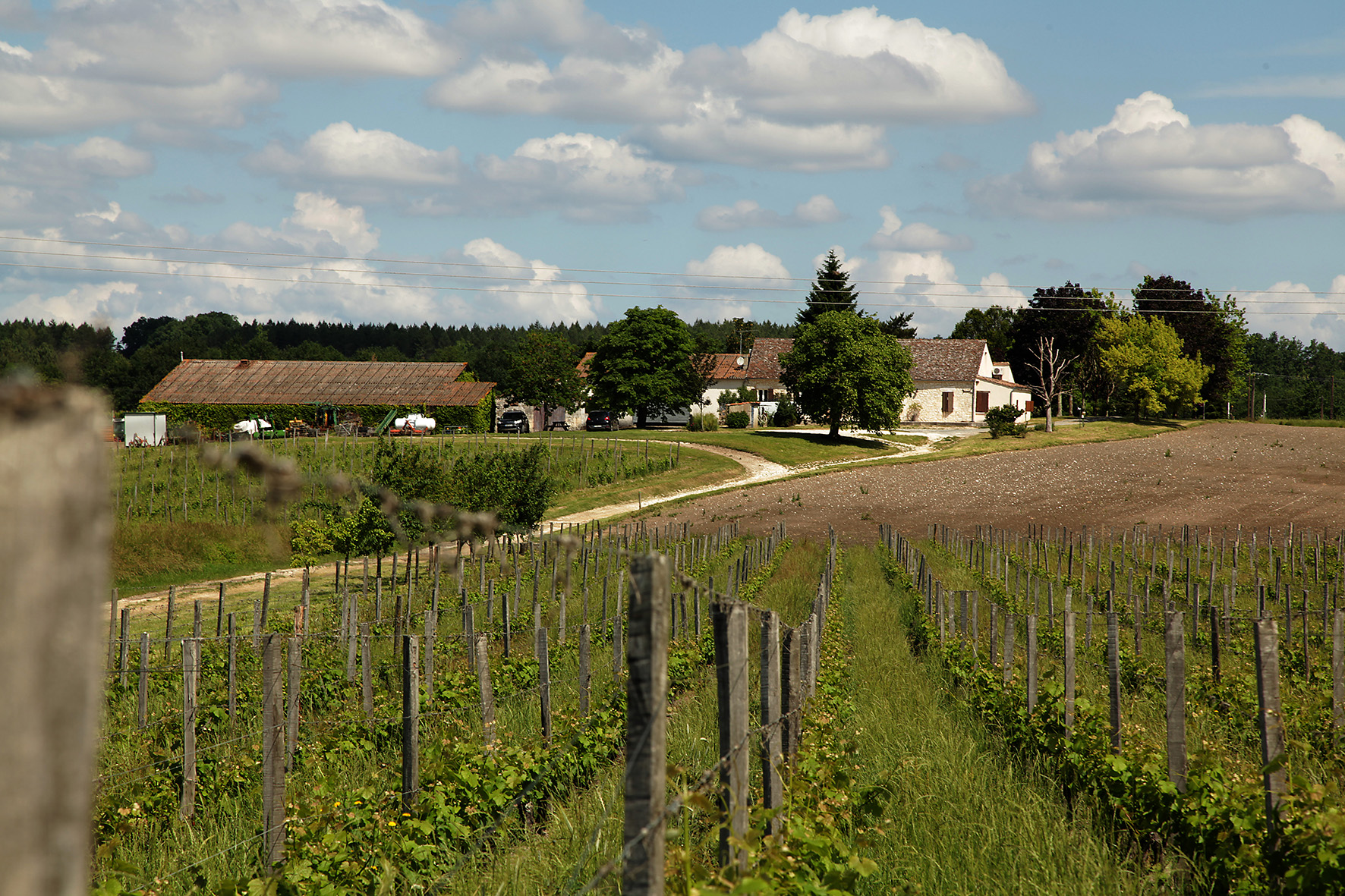Our winemakers
Christophe Rebillou – Domaine Chibaou
Christophe Rebillou, the current owner, is the 4th generation to work the family vineyard in the communes of Saint Félix de Foncaude and Castelviel (France). His grandfather and father before him cultivated their vines in the heart of the rolling Entre-deux-Mers countryside. This diversity of magnificent terroirs is ideal for making fine white and red wines.
Christophe spent several years studying wine, combined with management studies.
His parents and grandparents before him were winegrowers. They cultivated their vineyards to sell their grapes after the harvest. Christophe wanted to take this work a step further by starting to make wine. To do this, he spent some time working on estates in the Languedoc and in the United States, learning how to make wine. In 2004, he decided to return to the family estate to look after the 40-hectare vineyard, spread over a variety of plots with very different soils.
Christophe had one goal in mind : make his own wine! So he bought his first 4 vats, a small press and a pump… and off he went with the first 5 hectares that are no longer under contract cooperative! The first vintage, Château Grenet 2005, had “beginner’s luck” – it won a medal at the Bordeaux competition. There are still a few well-hidden bottles, so let’s hear it…
Step by step he expanded the winery and in 2008 decided to convert the family vineyard to organic farming. These are values he shares with his father Bernard, who is the current mayor of the commune of St Félix and still works with his son on their estate.Domaine Chibaou is one of the few estates in the Bordeaux region to use old grape varieties (pre-Phylloxera) such as Malbec for the reds and Colombard for the whites. Late-ripening grapes-vine they are resistant to disease and adapt well to the problems of global warming. The reserve of acidity in these grape varieties gives them a wide range of aromatic profiles.
Vincent Vesselle – Château La Rayre
In 1999, Vincent Vesselle bought La Rayre estate, the former tenant farm of Château de Fonvieille Located in Colombier at 20 minutes from Bergerac (France). Covering 25 hectares, the vineyard has been certified organic since 2013.
With a view to continuity, and thanks to his experience and know-how, he will strive to maintain and improve the quality of Château La Rayre’s wines.
This vineyard, located on the clay-limestone slopes south of Monbazillac, comprises 25 hectares of vines, 17 hectares of which produce a Dry Bergerac with Sauvignon and Semillon grapes, and 8 hectares of which produce a Red Bergerac with Merlot, Cabernet Franc and Cabernet Sauvignon grapes. This combination of grape varieties and southern exposure on clay-limestone soils means that the wines are fresh, aromatic, lively and fresh, yet full of finesse and elegance.
The first “ABV” certification audit was carried out on 23 August 2021 at Mr Vincent Vesselle’s estate. Château la Rayre’s AOC Bergerac and AOC Monbazillac wines have been certified organic for 10 years. Being compatible with the European “Organic Farming” standard is an essential element in meeting the criteria for Organic Veganic Farming.
As Independent Winegrower labeled with HVE 3 (High Environemental Value) certification, has long been personally committed to a global ecological approach, and he immediately put forward his candidacy to become the first certified ABV operator in France.
“After more than a year’s preparation, we were able to carry out our project for the first French Agriculture Biocyclique Vegetalian (ABV) audit. This revolutionary standard (in its technique and philosophy) is a fabulous opportunity for ecological and sustainable development. Requests for this standard are already coming in. Training courses for professionals will also be launched in 2019.”
– Hélène Modrzejewski, President of the Vegan France Interpro association.
Mixed farming with 50 hectares of farmland planted with barley, sunflowers, sarazin and flax. These plants provide fertilisers and ground cover. In the future, truffle oaks and other species of wood will be planted to develop agroforestry in the vineyard.

